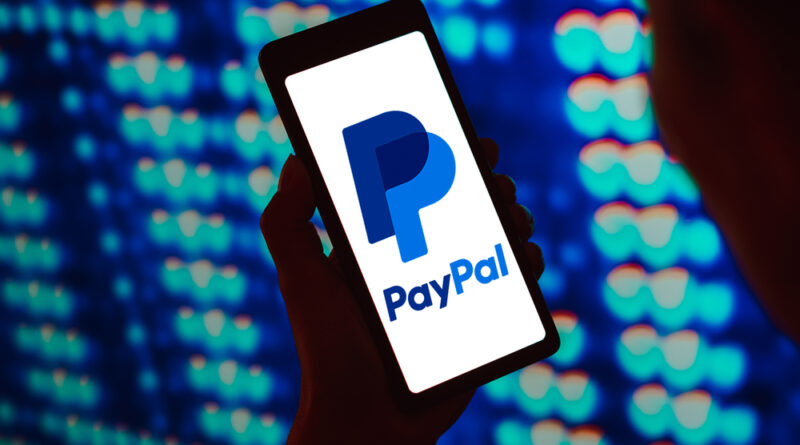PayPal Phishing Scams Surge 600 %: “Action Required Within 48 Hours” Emails Target Millions
PayPal users worldwide are being urged to ignore—and report—any message claiming their account will be suspended unless they “update details within 48 hours.” Threat-intel researchers say fraudulent emails impersonating PayPal have exploded by 600 percent since 1 January 2025, driven by a single, highly coordinated phishing campaign.
How the Scam Works
The attack lands in inboxes with subject lines such as “Action Required” or “Your PayPal Account Has Been Limited.” The email:
-
Mimics genuine PayPal branding, sender addresses (e.g., [email protected]) and footer disclaimers.
-
Warns the recipient that failure to act within two days will trigger permanent account restrictions.
-
Redirects victims to a fake login page that harvests credentials and, in many cases, payment-card details.
Once compromised, attackers can empty balances, make illicit purchases, or reuse the stolen username-and-password combo on other services.
Why the Spike Matters
Phishing remains one of the fastest ways for cyber-criminals to “follow the money.” Attacks against Gmail and Windows users have already surged this year; PayPal is a natural next target because compromised logins enable both direct theft and broader social-engineering schemes.
Although PayPal continually refines its fraud-detection systems, the scale and realism of the current campaign make user vigilance critical.
How to Stay Safe
-
Ignore unexpected invoices or payment requests. When in doubt, log in to PayPal directly via the official app or website—never through an email link.
-
Enable two-factor authentication (2FA) inside PayPal’s Security settings to block unauthorised logins.
-
Forward suspicious emails to [email protected] and then delete them.
-
Check sender details: hover over the “from” address and all embedded links; mismatched domains are a red flag.
-
Monitor account activity daily during the current spike; report any unrecognised transactions immediately.
What’s Next?
PayPal has been approached for comment on the findings and recommended mitigations. In the meantime, security specialists advise treating any emailed demand for urgent action as suspicious—especially when money is at stake.
For now, the fastest way to derail this 600 percent phishing wave is the simplest: pause, verify, and report—before clicking anything.
Photo Credit: DepositPhotos.com

